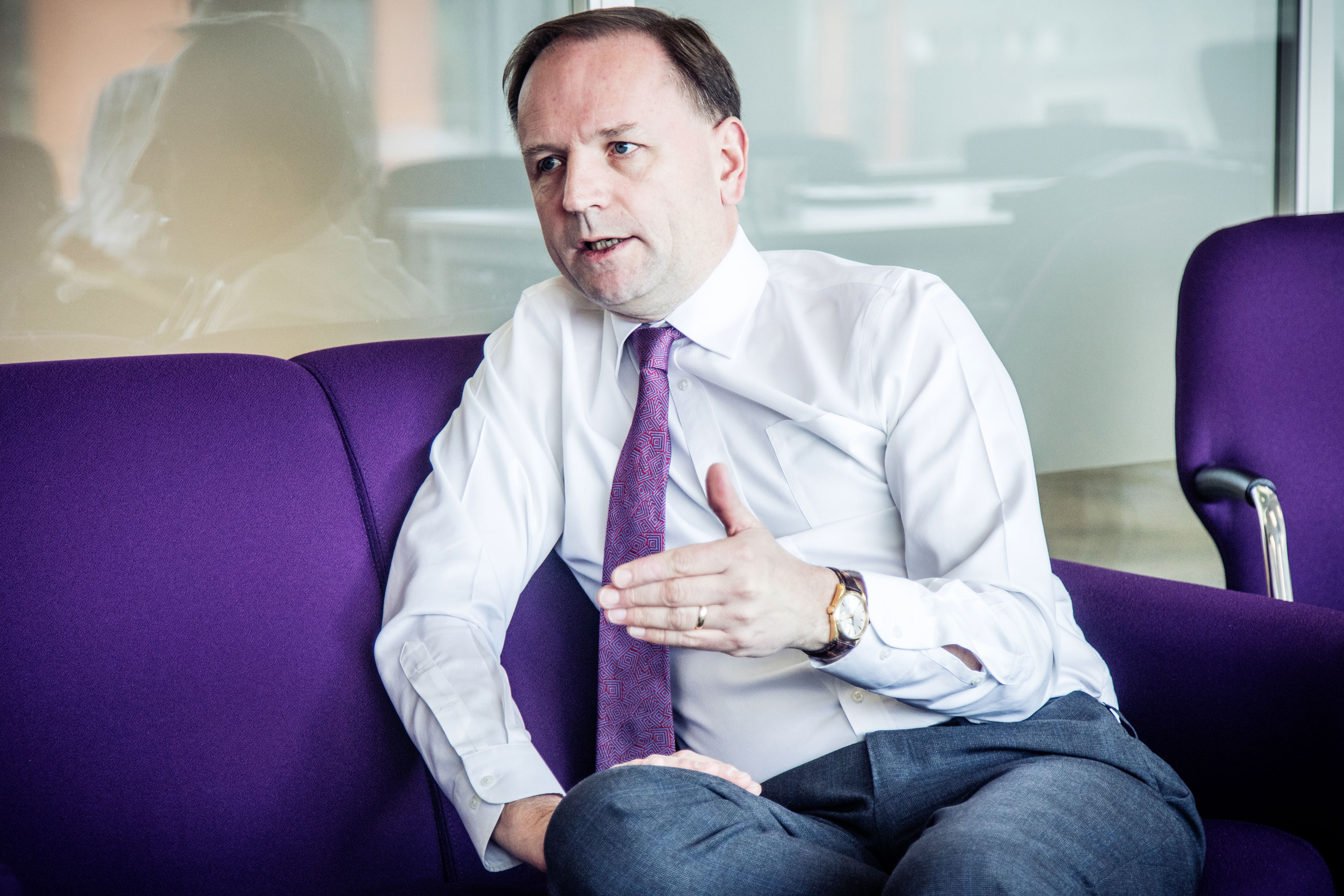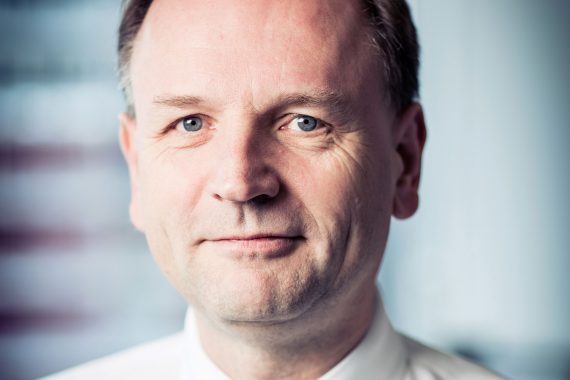
simon stevens 3×2
What do you hope to achieve from the GP Forward View?
The health service has been on a journey from denial about the pressures in general practice, to acknowledgement of them, and now we want to move from acknowledgement to action. There are some really strong, practical ideas that individual GPs, the GPC, the RCGP, the vanguard pilots and many others have been advancing. We wanted to use the period of the past several months to listen hard and prioritise those that are most likely to have an impact on the vast majority of practices.
How much input did Jeremy Hunt have?
We’ve had strong support from the Department of Health, but NHS England, together with Health Education England, has to take accountability for the final content of the package.
Some GPs say the measures are not immediate enough. How would you respond to that?
It’s perfectly understandable that practices are often cynical. The real test will be how the report is turned into action, so people can feel the difference. There are some things we want to get on with as soon as we can, but others have to wait either because of the workforce phasing or because our funding growth is phased over five years.
So, if I’m a struggling practice, what would you say to me?
There will be support that will be finalised by the summer, the so-called ‘practice resilience support’. We’ve made a start by identifying the first 700 or 800 practices that might benefit from that. We’ve now the ability to expand that much faster. The ‘Time to Care’ project is looking at the consultations – up to 27% of them – that could have been managed either by other members of multidisciplinary teams or by supporting self-management of patients, and dealing with some of the bouncing around at the GP surgery/hospital interface. That is a programme that is funded to begin this year.
The further rollout of the investment in primary care premises, the changes by the end of the year to the CQC inspection regime… these are all things that will begin this year.
The things that people will see next year and the year after will be the further expansion of the clinical pharmacy scheme: we’ve already got 470 clinical pharmacists that are going to be funded this year. Likewise with the mental health therapists, and obviously with the steady drum beat of all that we’re doing with HEE on general practice as an attractive career choice for new doctors, and the return to practice and international recruitment. So, it’s not a magic wand, but nor is it the never-never.
One thing you didn’t mention was the mental health support for burnt-out GPs, which we have been campaigning for.
This is a great win for Pulse.You campaigned, we listened. We will be going to procurement by June and we should have it up and running by December, but it may even be before then. For a lot of individuals, that is going to hopefully make a huge difference to their professional lives, and the durability of their professional practice.
Looking a bit further forward, the £2.4bn– obviously the document is a little vague about precisely how that will be delivered. Should GPs expect a pay rise every year until 2020?
The global sum is set in negotiation between the NHS and the profession, so that will take its course, But one way or another, we want to make sure that general practice is getting the funding we’ve talked about. There will be different funding elements for different pieces of it; take the extra 3,000 therapists that are going to be embedded alongside general practice – you could fund some of that through practice reimbursement of income or you could fund it as a side-by-side programme that practices can have without it having to go through their own payroll. There are choices there, and I think we’re quite flexible on exactly what that might look like in different parts of the country.
So is that a no on annual pay rises?
Obviously I’m not going to seek to predetermine the outcome of discussion with the GPC on the year-by-year increases, but I hope, when people sit down with their practice accountants, they will see that 2016-17 was a pretty reasonable settlement.
And in future years?
We want to see a 14% real-terms increase in funding for general practice services, and that will deliver £2.4bn more by 2020. Exactly how that flows through GMS, through the new voluntary contract, through the additional services that we’re going to be making available for practices is for discussion with the profession.
As a GP, would I have to be part of a ‘multidisciplinary community provider’ to get this additional funding?
No, you wouldn’t. The bulk of the programmes that we’re describing here will be available to all practices regardless of the contractual form they’re on, be that GMS, PMS, APMS or the new voluntary contract. The scope of services in the new voluntary contract will be wider than core primary medical services, so that will bring in other funding streams, but that’s on top of the £2.4bn we talked about.
Do you think seven-day access is achievable, under current financial constraints?
You can only answer this by answering the questions about phasing of the workforce expansion, the joining up of all parts of the urgent and emergency care service, and about helping practices themselves to change appointment systems, to use of other team members and so forth.
But get all of those things right and the experience from the parts of the country that have led the charge is that, yes, you can do a wider range of services for evenings and weekends.
The Forward View rules out crown indemnity for GPs, but seems to confuse it with crown immunity. Are you still looking at this as an option?
We will publish a comprehensive set of proposals by the summer on this. The idea of [patients not being able to] sue wouldn’t be viable.
Crown indemnity would just mean the NHS Litigation Authority, rather than defence organisations or commercial insurers, charging premiums to practices. We’ve got a number of tangible propositions we want to consult on. But, for me, the fundamental point is there’s absolutely no reason in principle why GPs should personally be on the hook for rising indemnity costs in a way that hospital doctors aren’t.
Is this it? Can GPs expect more?
I hope we’ll be able to continue to advance on these and on other fronts. But for starters at least, let’s get these things done as fast and as tangibly as we can; as I said right at the start, we’ve spent a number of months listening pretty carefully to what people have said are the main pressure points, the frustrations, the resourcing issues, so I think if we do these things, it will mark a turnaround, but it won’t mark the final chapter.
CV: Simon Stevens
Age: 49
Education
- Graduated in philosophy, politics and economics from Balliol College, University of Oxford
- Harkness Fellow, Columbia University School of Public Health, New York
Career
Pulse October survey
Take our July 2025 survey to potentially win £1.000 worth of tokens












